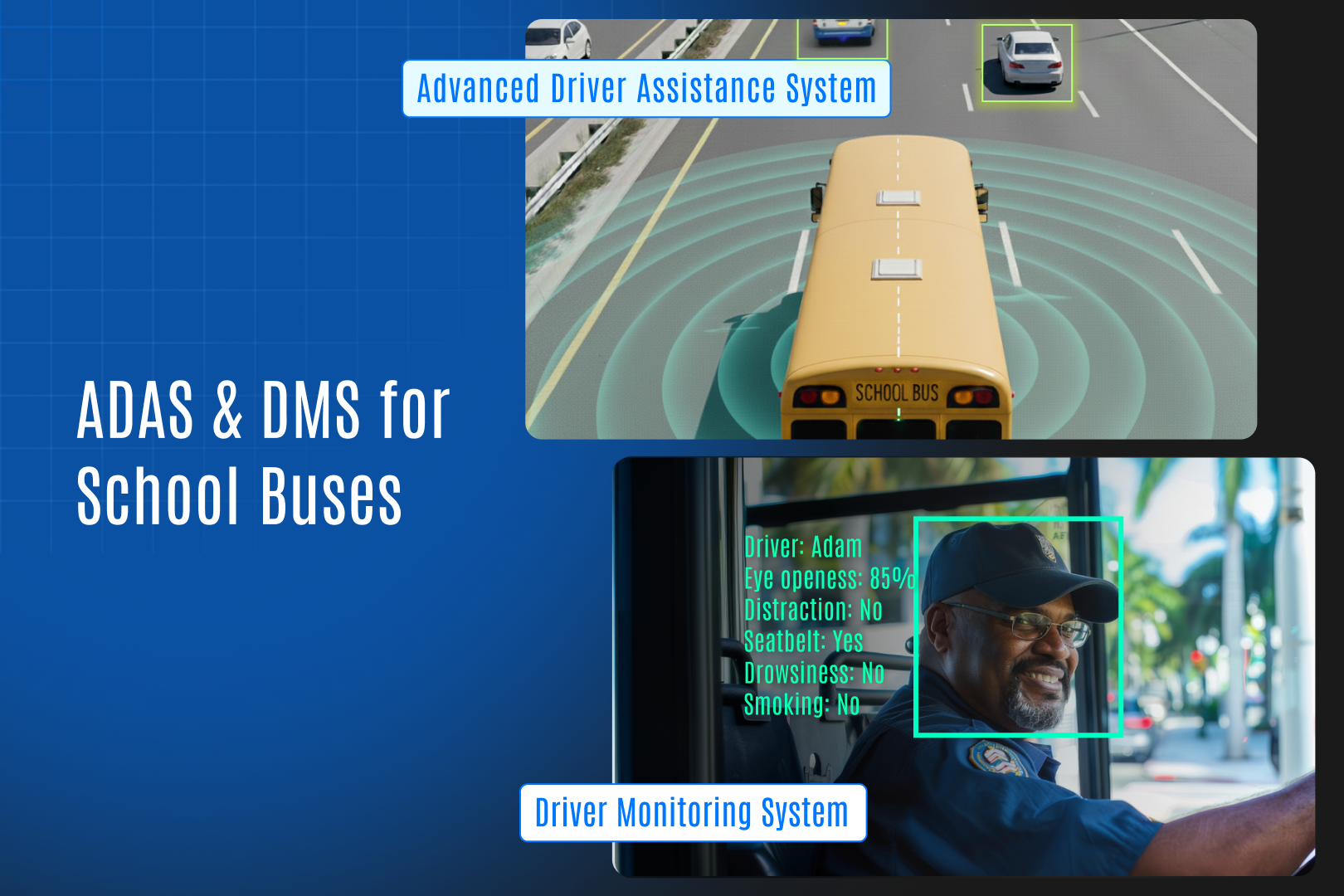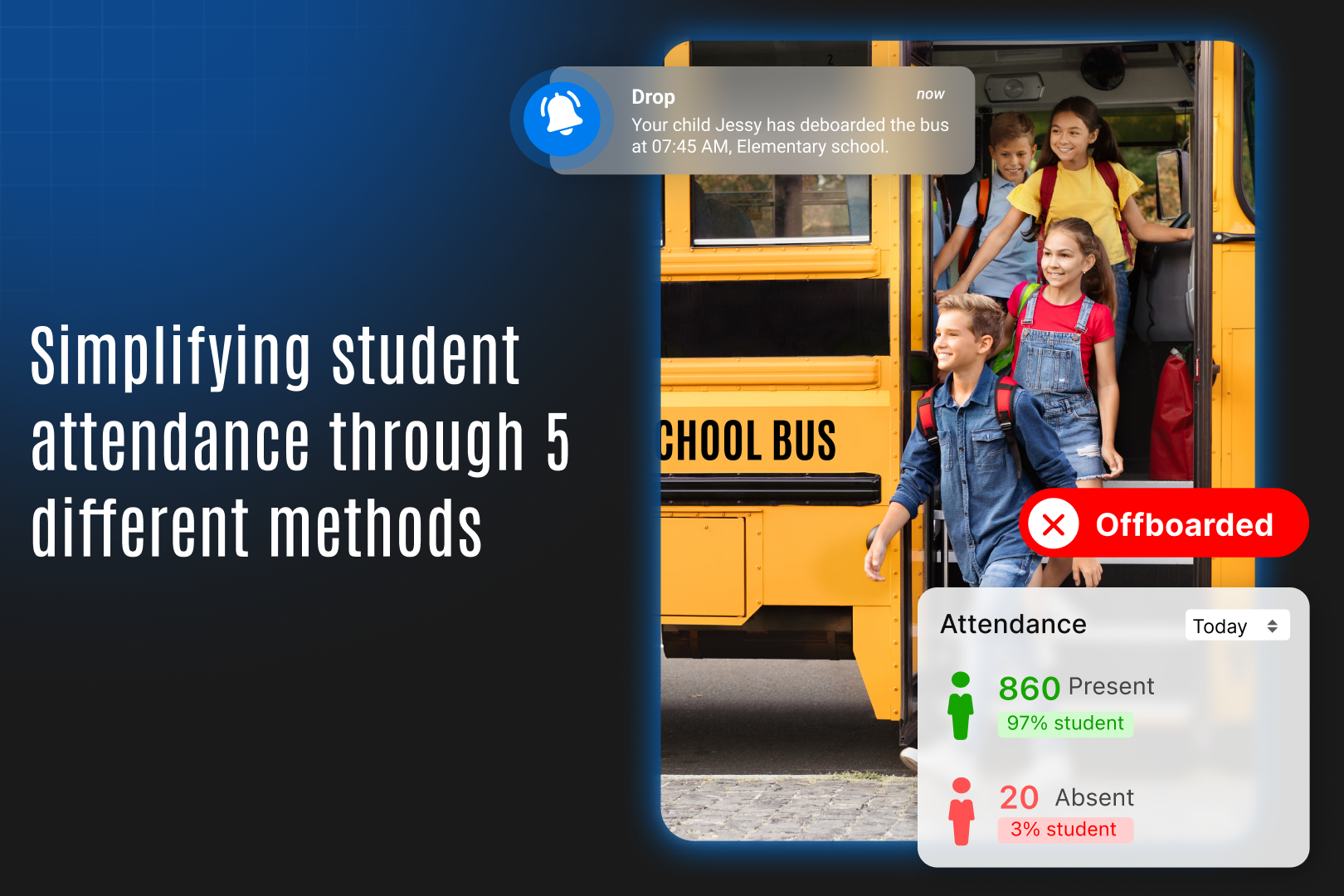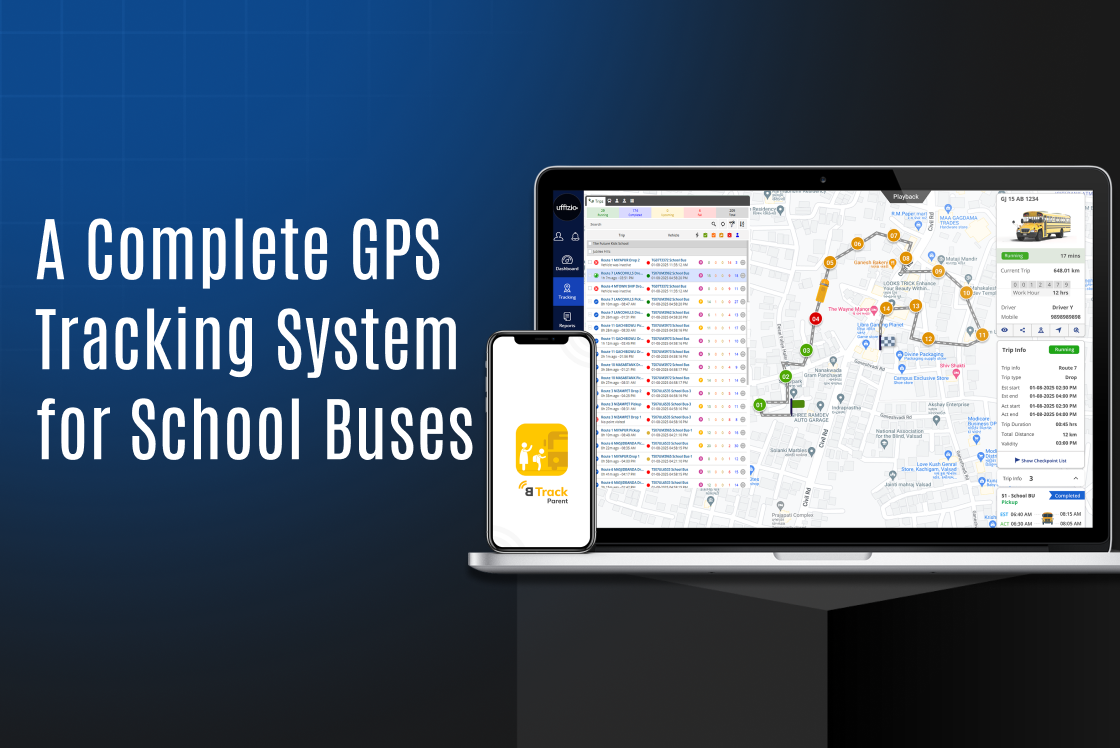In today’s competitive market, achieving 100% client satisfaction is no small feat. The company, a leading provider of school bus monitoring software, managed to reach this milestone thanks to their dedicated support team. This case study delves into how their unwavering commitment to customer service transformed their client relationships and business success.
The Challenge: Industry Context
The school bus monitoring software industry is booming. Schools and transportation companies are increasingly relying on advanced technologies to ensure the safety and efficiency of their bus fleets. However, the complexity of these systems means that effective customer support is crucial. Without it, users can quickly become frustrated, leading to poor satisfaction rates.
The company’ Initial Struggles
The company, despite having a robust and feature-rich product, initially struggled with client satisfaction. Common issues included:
- Technical Glitches: Initial rollouts of the software often encountered bugs and errors.
- User Training: School staff found it challenging to adapt to the new technology.
- Response Time: Clients frequently complained about slow responses to their queries and issues.
These problems threatened to tarnish PQR’s reputation and hinder their growth in a competitive market.
The Role of a Dedicated Support Team
Formation of the Support Team
Recognizing the critical need for effective customer support, the company decided to form a dedicated support team. This team was composed of experienced professionals with expertise in both technical and customer service domains. Their primary goal was to ensure seamless integration and operation of the school bus monitoring software for all clients.
Key Strategies Implemented
1. Proactive Communication
The support team adopted a proactive communication strategy. They reached out to clients regularly to check in on their experience with the software, rather than waiting for issues to be reported. This approach helped in identifying potential problems before they escalated.
Proactive communication involves scheduled follow-ups, periodic software performance reviews, and personalized check-ins. By doing so, the support team could anticipate client needs, provide timely updates on software enhancements, and ensure that any minor issues were resolved promptly before they became major concerns.
2. Comprehensive Training Programs
To address the user training issue, the team developed comprehensive training programs. These included:
- Interactive Webinars: Live sessions where clients could ask questions in real-time.
- Detailed Tutorials: Step-by-step guides covering all aspects of the software.
- On-Site Training: Personalized training sessions at the clients’ locations.
Interactive webinars allowed clients to engage directly with experts, providing immediate solutions and clarifications. Detailed tutorials, available in various formats such as video and written guides, ensured that users had a reliable reference at all times. On-site training sessions were particularly beneficial for larger institutions, offering hands-on experience and tailored instruction to meet specific needs.
3. Rapid Response Protocol
The support team established a rapid response protocol to ensure that all client queries and issues were addressed promptly. This protocol included:
- 24/7 Support Hotline: Clients could reach out at any time for immediate assistance.
- Ticketing System: A streamlined process to log and track issues, ensuring they were resolved efficiently.
- Dedicated Account Managers: Each client was assigned a dedicated account manager to provide personalized support.
Having a 24/7 support hotline meant that clients always had access to help, regardless of time zones or office hours. The ticketing system allowed for transparent tracking of issues, with clients being able to monitor the status of their requests in real-time. Dedicated account managers offered a single point of contact, ensuring that clients felt valued and understood, and received support tailored to their unique requirements.
4. Continuous Improvement
The support team continuously gathered feedback from clients to improve the software and their support services. Regular surveys and feedback forms were used to understand client needs and expectations better.
By analyzing feedback, the support team could identify common pain points and areas for improvement. This process not only helped in refining the software but also in enhancing the overall support strategy. Regular updates and improvements based on client feedback ensured that the software remained user-friendly and efficient, meeting evolving client needs.
Outcomes and Results
Improved Client Satisfaction
The impact of the dedicated support team was profound. Client satisfaction rates skyrocketed, eventually reaching an impressive 100%. Key factors contributing to this success included:
- Faster Resolution Times: With the rapid response protocol in place, issues were resolved much quicker, reducing downtime and frustration for clients.
- Enhanced User Confidence: Comprehensive training programs empowered users to utilize the software more effectively, leading to better overall experiences.
- Personalized Support: The assignment of dedicated account managers ensured that clients felt valued and heard.
Clients appreciated the prompt attention to their issues, which minimized disruptions and maintained smooth operations. The extensive training programs boosted their confidence in using the software, making them more adept and less likely to encounter problems. Personalized support fostered strong client relationships, making clients feel that their specific needs were being addressed.
Increased Client Retention and Growth
High client satisfaction translated into increased client retention. Schools and transportation companies were more likely to renew their contracts and recommend the company to others. This positive word-of-mouth significantly boosted PQR’s market presence and growth.
Satisfied clients became loyal clients. The strong support system not only retained existing customers but also attracted new ones through positive referrals and testimonials. The reputation for excellent support became a key differentiator in the market, driving sustained growth.
Positive Financial Impact
The improved client satisfaction and retention rates had a direct positive impact on the company’s financial performance. Increased renewals and new client acquisitions led to higher revenue and profitability.
Retaining clients is often more cost-effective than acquiring new ones. With the high retention rate, the company enjoyed a steady revenue stream, which provided financial stability and resources for further innovation and improvement. The influx of new clients further contributed to a robust financial outlook.
Client Testimonials
School Transportation Manager
“The support team at the company is exceptional. They were always available to help us, and their training programs made it so much easier for our staff to adapt to the new system. We couldn’t be happier with their service.”
The testimonial highlights the impact of the training programs and the constant availability of the support team. The ease of adapting to the new system ensured smooth operations and increased confidence in using the software.
School District IT Director
“Thanks to the dedicated support team, we had a seamless transition to the new monitoring software. Their proactive approach and quick response times were truly impressive. We’ve seen a significant improvement in our operations.”
The feedback underscores the importance of proactive communication and rapid response. The seamless transition minimized disruptions and significantly improved daily operations, showcasing the effectiveness of the support team’s strategies.
Conclusion: The Key to Success
The company’s journey to achieving 100% client satisfaction highlights the crucial role of a dedicated support team. By prioritizing proactive communication, comprehensive training, rapid response, and continuous improvement, they transformed their client relationships and business success. This case study serves as a testament to the power of exceptional customer support in the tech industry.






